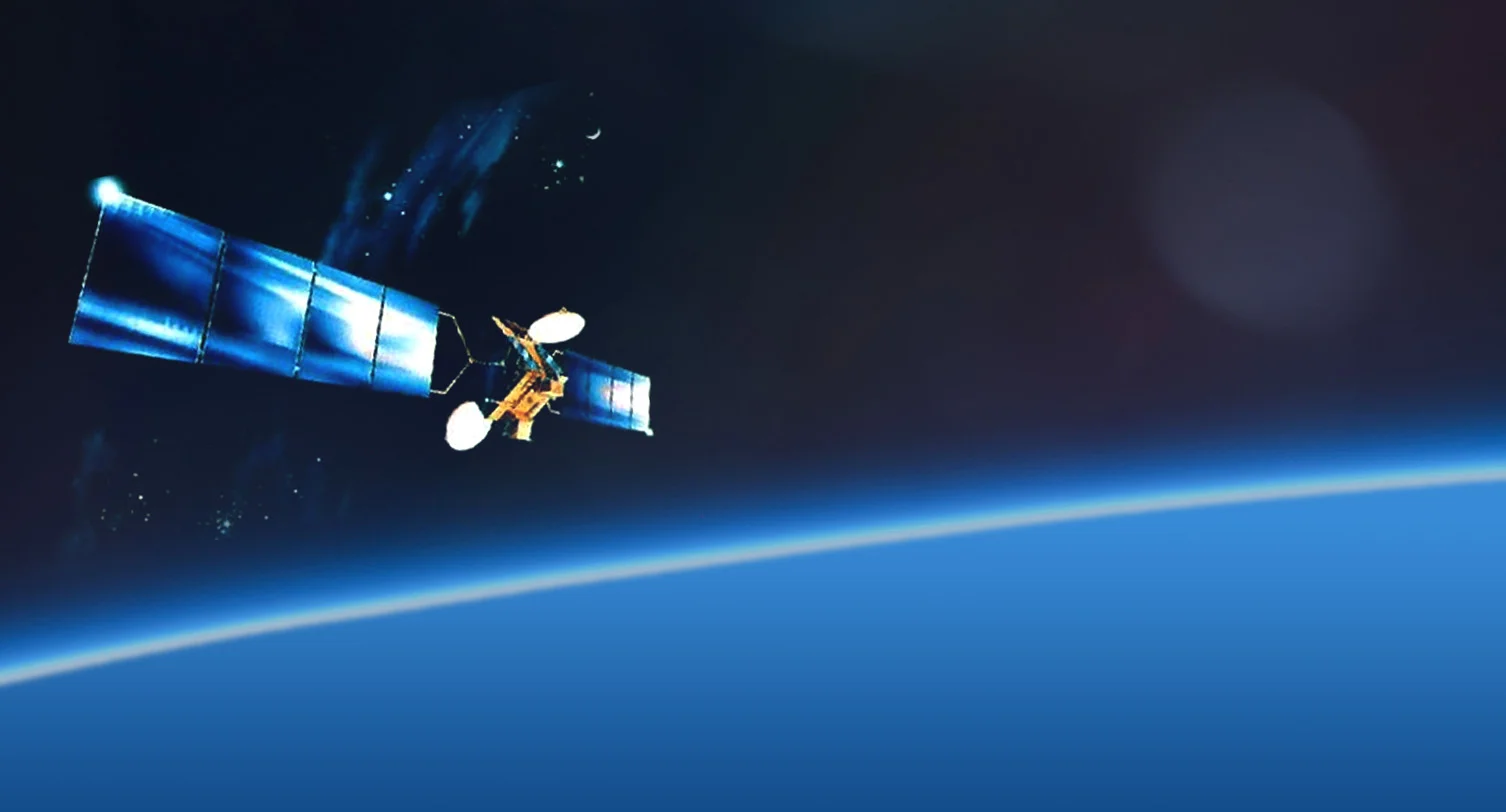DECEMBER 16, 1993 | CAPE CANAVERAL
Over twenty years ago, I was fortunate to witness the launch of Telstar 401 from Cape Canaveral, Florida. My mother's career allowed our family to experience some truly unique events.
My mother was a leader of the AT&T SKYNET Satellite Services Group in 1993. Her team included Marketing and Product Managers, Operations and Engineering for the fleet of Telstar 3 series satellites. These satellites were used primarily for TV Broadcast. The 400 Series were designed by AT&T Laboratories to replace the aging fleet.
On September 28, 1993, AT&T made their official announcement from the Hawley, PA Control Center. For its' time, Telstar 401 was touted as the industry's most advanced video and data service provider, beaming ABC, FOX and PBS across the US in the mid 90's. Beyond its' television broadcasting abilities, Telstar offered services for universities to broadcast their college level courses. This was ground breaking then; common place now.
Pictured below is former Astronaut Terry Hart. Terry was part of the 1978 NASA selection and flew on the Challenger in 1984. After his NASA experience, he brought his talents to AT&T's Skynet Satellite Services. There, he teamed up with Mom and the AT&T Labs design team for the Telstar 401 project.
During the third year of service, in early January 1997, Telstar was destroyed in a massive burst of solar wind (also known as a coronal mass ejection) AT&T declared Telstar "permanently out of service" shortly after this event. Rumor has it that it was broadcasting Star Trek at the moment of black out.
Despite Telstar's early demise, it's intended life span was projected into 2005 or 2007 based on it's internal fuel storage. After which it was to have the 'plug pulled' and then drifting into free orbit as space junk.
Below is a collection of highlights from the Telstar 401 Mission Overview and Cape Canaveral trip I kept all these years.
My December 16th launch credentials
Telstar 401 Mission Logo
Courtesy of General Dynamics
Mom and Dad pictured at the Telstar 4 launch pad.
December 16, 1993 at 7:40 PM, Liftoff for the first launch of General Dynamic's Atlas II AS rocket.
Astronaut, Terry Hart seen with a scale model of Telstar 4 at Bell Labs
The New York Times 1997 report on the loss of Telstar 4















